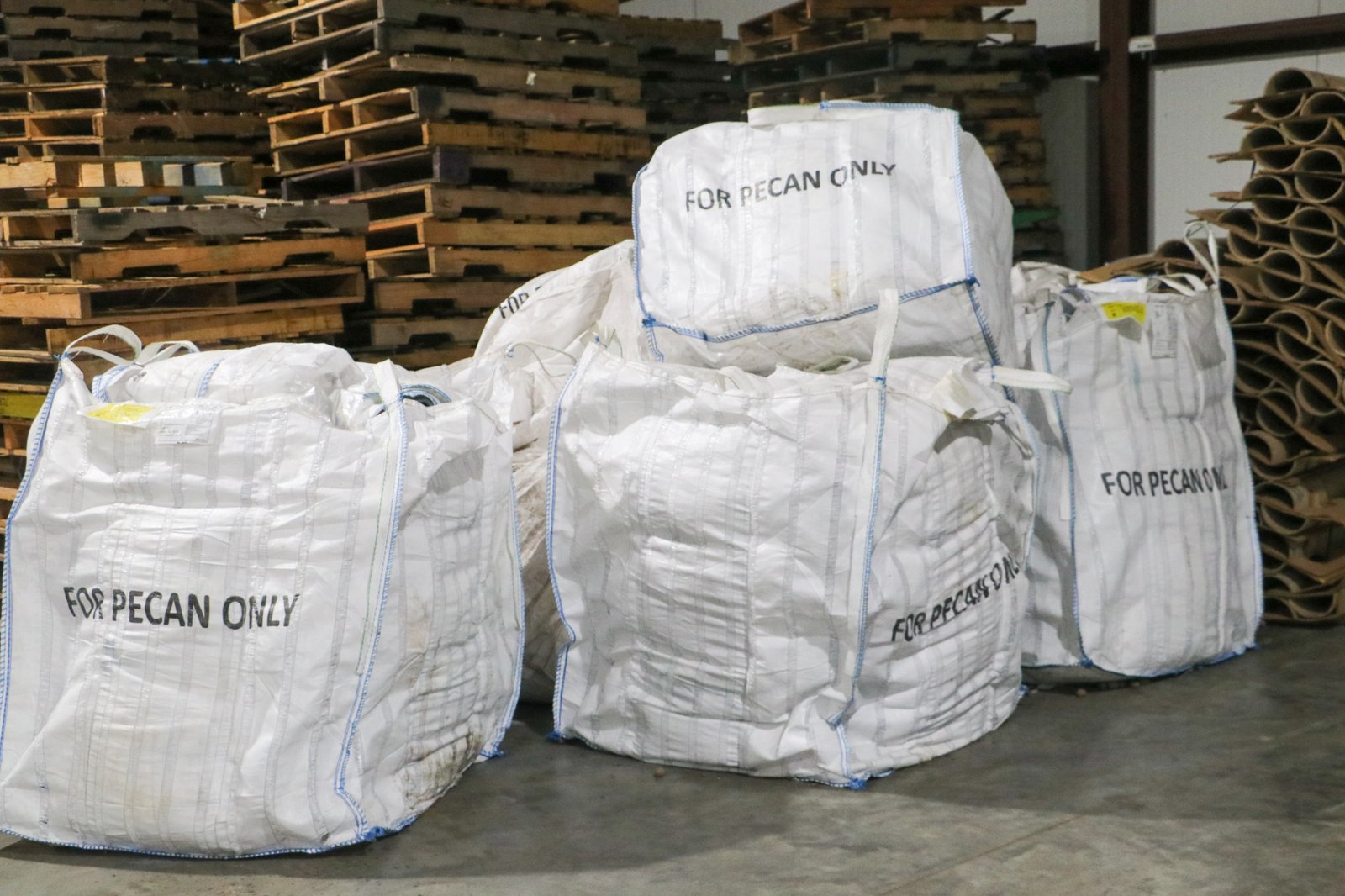
By Milton Kirby | Atlanta, GA | June 4, 2025
A major legal blow has been dealt to TitleMax, a prominent auto title lending company, as a federal judge in North Carolina has ruled that the company must stand trial for allegedly exploiting consumers through high-interest loans and deceptive practices.
This decision comes just months after the Consumer Financial Protection Bureau (CFPB) announced a sweeping enforcement action against TitleMax and its parent company, TMX Finance LLC. That order, released on February 23, found the company guilty of violating the Military Lending Act (MLA) by charging military families triple the legal interest rate cap of 36% and concealing their status to sidestep federal protections.
In North Carolina, dozens of plaintiffs—most of whom are residents—allege that TitleMax issued car title loans with illegal interest rates, failed to disclose that such loans were unlawful under state law, and employed deceptive business tactics in violation of North Carolina’s Consumer Finance Act and the Unfair and Deceptive Trade Practices Act. These claims prompted TitleMax to file a motion to dismiss the case, arguing that the state had no personal jurisdiction over the company. U.S. District Judge Loretta C. Biggs disagreed.
In a 15-page ruling, Judge Biggs found that TitleMax intentionally reached into North Carolina to advertise and solicit business from residents via television, radio, and the internet. The company even recorded liens with the North Carolina Department of Motor Vehicles—acts the court found to be “continuing obligations” that tied the company to the state.
“The relationship between the defendant, the forum, and the litigation must arise out of contacts that the ‘defendant himself’ creates,” Biggs wrote, referencing U.S. Supreme Court precedent. The court concluded that TitleMax’s actions met the threshold for “minimum contacts,” allowing North Carolina courts to exercise specific jurisdiction.
The plaintiffs’ case has now cleared a major procedural hurdle and will proceed toward trial. The ruling also denied TitleMax’s request to transfer the case to district courts in states such as Virginia, South Carolina, and Georgia, where the loans were physically executed. Judge Biggs emphasized the importance of judicial efficiency and the plaintiffs’ right to have the case heard collectively in their home state.
This is not TitleMax’s first brush with regulators. The CFPB previously penalized the company in 2016 for misleading consumers about loan repayment options and using aggressive debt collection tactics. That earlier case resulted in a $9 million fine.
In the most recent CFPB enforcement action, TitleMax was ordered to pay over $5 million in restitution to affected consumers and an additional $10 million civil penalty. The Bureau alleged that the company doctored the records of military borrowers to avoid detection and charged illegal fees for an insurance product that provided no actual coverage.
Between 2016 and 2021, TitleMax issued at least 2,670 illegal loans to military families and imposed unlawful fees on roughly 15,000 loans. These practices directly violated the MLA, a law Congress passed in 2006 after a Department of Defense report showed how predatory lending undermines troop morale and military readiness.
Auto title loans, such as those offered by TitleMax, are short-term, high-cost loans secured by a borrower’s vehicle title. Borrowers who can’t repay risk losing their car, and many end up in a cycle of debt that impacts their ability to pay for basic needs like housing, food, and healthcare.
TitleMax currently operates more than 1,000 locations across 18 states and claims to serve
thousands of customers daily. Its headquarters is in Savannah, Georgia.
Military families and consumers who believe TitleMax or other lenders have wronged them can submit complaints at www.consumerfinance.gov or call (855) 411-CFPB. Employees aware of violations are encouraged to contact the Bureau at whistleblower@cfpb.gov.
The North Carolina case—America Washington et al. v. TitleMax of Virginia et al.—may prove pivotal in expanding how states can hold out-of-state lenders accountable for practices that harm their residents.
Please consider supporting open, independent journalism – no contribution is too small!








